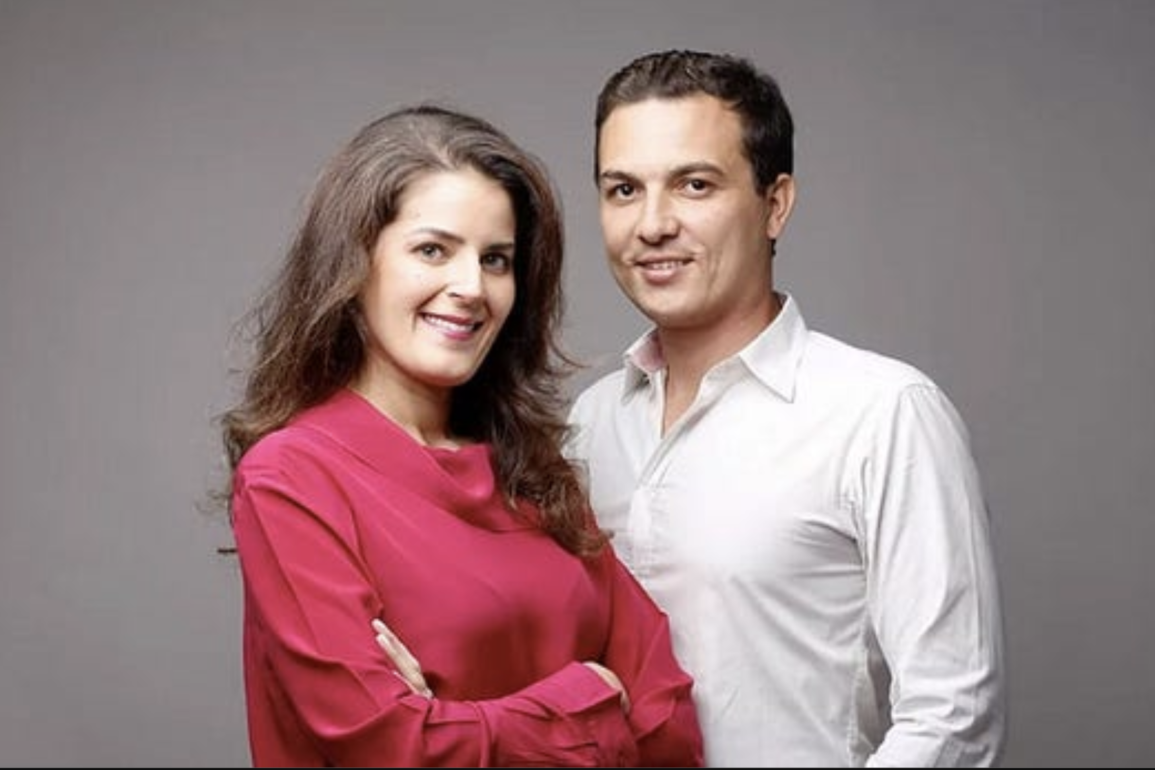In a country where corner shops still keep ledgers on paper, Chari’s $12 million Series A round feels almost revolutionary. The YC-backed startup, founded in 2020 by husband-and-wife duo Ismael Belkhayat and Sophia Alj, has become the first venture-backed Moroccan firm to receive a payment institution license from Bank Al-Maghrib, the country’s central bank.
On paper, it’s a historic milestone. In practice, it raises harder questions about the future of digital finance in North Africa — and who truly benefits when fintech collides with regulation.
The round, the largest Series A ever raised in Morocco, was led by SPE Capital and Orange Ventures, with participation from a constellation of global investors, including Verod-Kepple, Global Founders Capital, Plug and Play, and Endeavor Catalyst. “We are happy to continue to back such bold, high-impact founders,” said Nabil Triki, Managing Partner & CEO of SPE Capital. “Chari’s vision — combining merchant services with embedded finance — is exactly the kind of category-defining opportunity that creates huge value.”
That vision is bold: Chari wants to turn thousands of mom-and-pop grocery stores into mini financial hubs — enabling them to offer payments, money transfers, bill settlements, and even micro-insurance to customers through a single app.
“This is a unique opportunity to turn traditional grocery stores into local points of sale for financial services,” said Alj. Her co-founder and husband, Belkhayat, added: “Now that our rails are fully operational and supporting Chari’s needs, we are opening them to third parties. This marks the beginning of Chari’s Banking-as-a-Service (BaaS) offering.”
It’s a sweeping ambition for a country where, according to World Bank data, only about 44% of adults have a formal bank account — a number that masks deep disparities between urban centers like Casablanca and rural Morocco. Chari’s pitch, at least in theory, is inclusion: empower merchants, digitize cash flows, and give small retailers the same financial tools that large supermarkets take for granted.
But the fine print of this fintech dream deserves scrutiny. Morocco’s fintech sector remains tightly regulated, and the Bank Al-Maghrib license, while groundbreaking, also imposes heavy compliance burdens — from Know Your Customer (KYC) protocols to capital adequacy requirements.
Chari may have the muscle to absorb these costs, but smaller competitors won’t. The risk is that this “super app for merchants” could deepen the concentration of financial power among a handful of well-funded startups, edging out the very informal actors it claims to empower.
Moreover, as Chari moves from e-commerce to financial intermediation, it enters a space historically dominated by banks and telecoms. Morocco’s mobile money sector — spearheaded by Maroc Telecom and Inwi Money — has struggled to gain traction, with fewer than 2 million active wallets by mid-2024, according to GSMA data. Can a startup succeed where deep-pocketed incumbents have not?
Investors, at least, seem convinced. “Chari’s focus on empowering local merchants via a tech-first, scalable platform resonates deeply with our thesis,” said Ryosuke Yamawaki, Partner at Verod-Kepple Africa Ventures. “This round strengthens the bridge between finance and commerce in Morocco – and we are excited to help Chari become the leading infrastructure for merchant banking and payments.”
Yet Chari’s real test lies ahead. Its success depends not just on raising capital, but on reshaping behavior — convincing merchants to trust digital rails over cash, and customers to accept their neighborhood shopkeeper as a de facto banker. T he company’s ability to manage risk, ensure liquidity, and prevent misuse of financial data will define whether it becomes a model for inclusive fintech or a cautionary tale of overreach.
Still, there’s no denying the symbolism. In a region long viewed as risk-averse, Morocco is now home to a startup daring enough to challenge its own financial orthodoxy. If Chari delivers on its promise, it could catalyze an entire ecosystem of merchant-led fintech across Francophone Africa. If it stumbles, regulators may retreat to the safety of bureaucracy — and innovation will again wait at the door.
Either way, Chari has forced the conversation that Morocco could no longer avoid: who controls the future of money — the banks, the state, or the entrepreneurs building in between?



